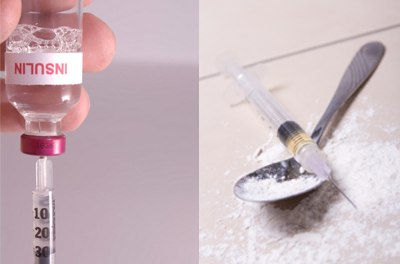That’d be ironic. Still, at least one new study suggests that’s exactly what may happen– users do indeed work harder and faster, but the results of their labor are inferior.
Read for yourselves, from the Vox website:
Wouldn’t it be odd if “smart” drugs made you less productive? Well…
Apparently, non-medical use of drugs such as Adderall and Ritalin to enhance performance has risen rapidly in recent years. Now comes research that suggests they inhibit the user’s cognitive performance– defined as “the efficiency and effectiveness of an individual’s mental processes”– when under the influence of these commonly prescribed drugs.
That’s the exact opposite of what users expect from a so-called “performance enhancing drug”.
Quoting from the article, “… While study subjects worked harder while on the drugs, the “quality of effort,” actually declined… users spend more effort working while being less productive– not exactly a picture of cognitive enhancement.”
Presumably, that includes their error rate. That’s ordinarily what happens when we’re forced to work too fast on a project — errors also increase.
I can see how a user might not be aware of this when it’s happening. Stimulants are known for boosting our sense of personal confidence, at least temporarily. Cocaine and methamphetamine are prime examples. With heavy use, this can escalate to the level of grandiosity and foolish risk-taking.
It’s not only stimulant drugs, hallucinogen users often report bursts of creative activity and expression, through writing or drawing or music. The results may seem wonderful at the time, but not so impressive later on, once the drugs have worn off.
By the way, the research team used a fascinating test to measure their subjects’ cognitive performance. It’s called the knapsack problem. How it works:
“Imagine you have a knapsack with a weight limit, say 50 pounds. Laid out before you is a pile of different items, each with a particular weight and assigned value. The task is to find the combination of items that maximizes the value of what’s stored in the knapsack while remaining beneath the weight limit.” This is done on a computer screen, “…so participants could click items in and out of the bag, while seeing readouts of its total weight and value on the screen.” An ingenious way to measure speed and accuracy of certain cognitive functions.
And the test revealed that “Across all drugs, none actually improved the chances of finding the correct solution. Compared to their sober attempts, when participants were on any of the drugs, they tended to expend more effort, only to come up with worse combinations than they managed when not on the drugs.”
Translated: just because we believe we’re working smarter, doesn’t mean we are. We may just have found a way to fool our brains, temporarily.













